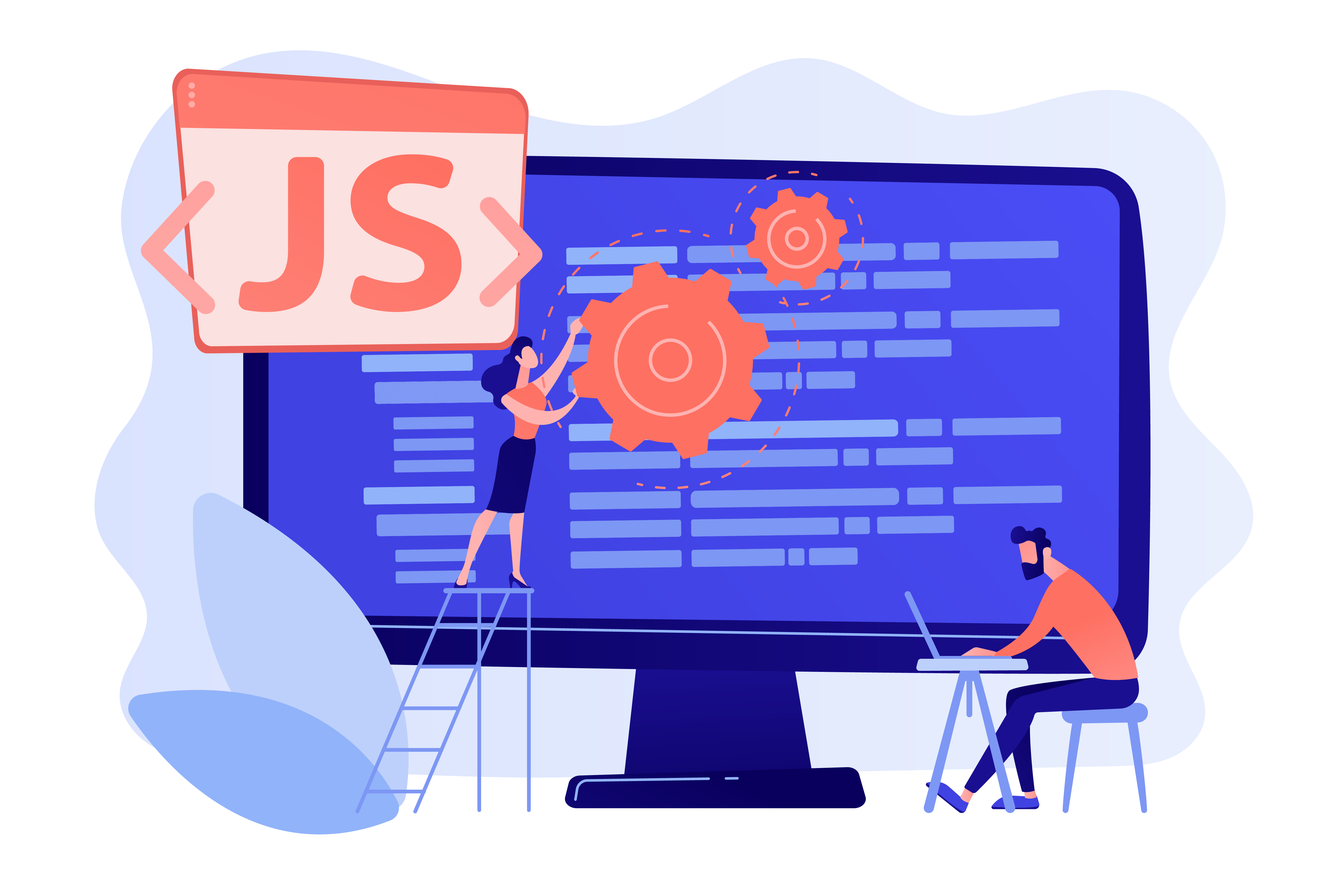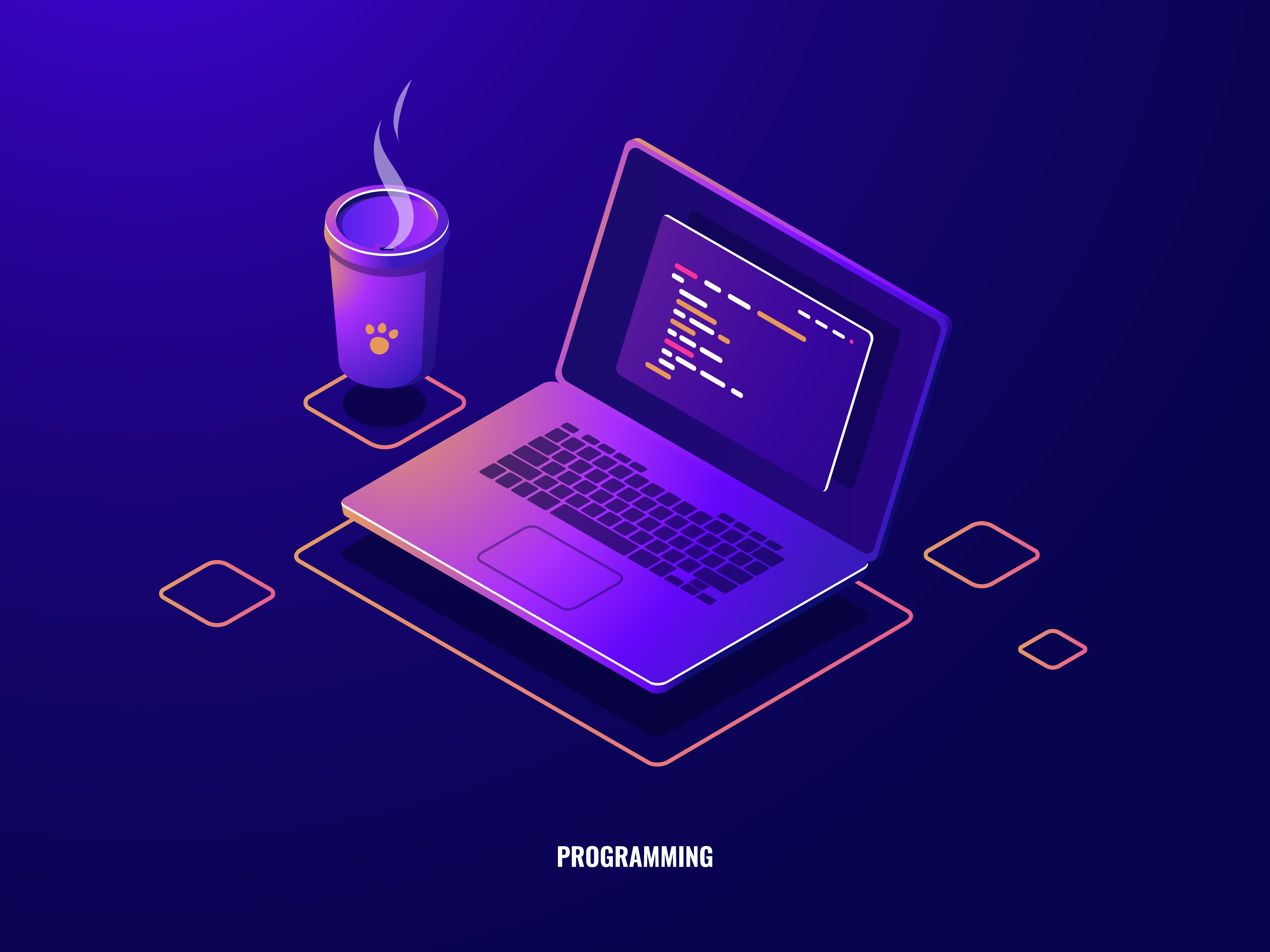Node.js is widely used for building a variety of applications due to its speed and flexibility. As an open-source, cross-platform runtime, it allows developers to use JavaScript for both the server-side and client-side of an application. This simplifies development by using one language across the entire project. Node.js handles multiple connections efficiently, which makes it ideal for real-time applications and services. With a large community offering plenty of resources, Node.js app development is fast and accessible. The ability of Node.js applications to handle high traffic and data makes it a preferred choice for building modern apps.

Types of Node.js Applications
Node.js has become a popular platform for building a wide range of applications. Its non-blocking, event-driven architecture makes it ideal for applications that require high efficiency, real-time processing, and scalability. In this section, we’ll explore eight different types of applications you can create with Node.js.
1. Real-Time Chat Applications
Real-time chat applications are one of the most common types of projects built using Node.js. With Node.js, developers can create a system where multiple users can send and receive messages in real-time. This is possible because of its ability to handle multiple concurrent connections efficiently. Node.js uses WebSockets to facilitate two-way communication between the server and client without the need to reload the entire page.
Example: A simple Node.js app could be a basic chat room where users can join, send messages, and see updates in real-time. Slack and Discord are larger examples of chat applications that benefit from Node.js architecture. For companies considering similar solutions, libraries like Socket.io are excellent for building these features.
2. Single-Page Applications (SPAs)
Single-page applications (SPAs) are another popular category of apps made using Node.js. An SPA is a web app that loads a single HTML page and dynamically updates content as the user interacts with the app. This minimizes the need to reload the page and improves the user experience. Node.js is well-suited for SPAs because it can handle the asynchronous, event-driven nature of SPAs, providing fast response times and smooth transitions.
Example: Large platforms like Gmail, Facebook, and Twitter are common SPAs that offer users a great experience. Express.js paired with a front-end framework like React or Angular is a powerful combination for businesses looking to create a Node app for a single-page site. These tools support the dynamic nature of SPAs while offering scalability for growing applications.
3. RESTful APIs
Node.js is often used to create back-end services like RESTful APIs, which provide a way for different software applications to communicate with one another. APIs built with Node.js are lightweight, fast, and effective, which makes them ideal for mobile applications, websites, and other services that need to pull in or push out data.
The Node.js application architecture for APIs usually involves Express.js, a framework that simplifies creating routes and managing requests. Since Node.js is asynchronous, it can handle multiple API requests concurrently, guaranteeing that data is transferred quickly and efficiently between the server and the clients.
Example: Companies like PayPal, LinkedIn, and Uber use Node.js to build RESTful APIs that connect various components of their applications. Express.js is commonly used to simplify routing and handle API requests, making Node.js development for back-end services faster and more scalable.
4. Real-Time Collaboration Tools
Node.js is also commonly used to build real-time collaboration tools. These applications allow multiple users to work together on a single project in real time. Whether it’s editing a document, sharing tasks, or collaborating on code, Node.js can provide the real-time capabilities needed to keep everything in sync.
One of the reasons Node.js is so effective for collaboration apps is its event-driven, non-blocking architecture. It guarantees that data changes one user makes are instantly reflected for all other users.
Example: Google Docs is a great example of a real-time collaboration tool. If you want to create a Node app for real-time collaboration, you can use libraries like ShareDB or WebSockets to sync changes across all connected users. Other well-known collaboration tools that use similar architecture include Trello and Figma.

5. Streaming Applications
Node.js is also a good choice for creating streaming applications. In these applications, data is continuously sent from a server to the client, often in the form of audio or video. Node.js allows developers to build systems that can manage large streams of data with minimal latency, making it ideal for media applications.
Streaming applications benefit from Node.js because it uses streams that can process and send data in small chunks, reducing memory consumption and improving speed. In this way, users don’t have to wait for the entire file to download before they can start interacting with it.
Example: Netflix is a great example of a streaming service built using Node.js. If you’re looking to create a smaller Node.js example project, a music or video player with streaming functionality would be a perfect use case for Node.js.
6. E-Commerce Platforms
E-commerce platforms are complex applications that handle large volumes of traffic, process transactions, and manage user data. Node.js can be used to build fast, efficient e-commerce websites that provide a smooth shopping experience even during high-traffic periods.
Node.js makes it easier to develop e-commerce sites because it can handle asynchronous tasks, like processing orders, handling payments, and managing user data. The event-driven architecture helps the application continue running smoothly even while handling large numbers of requests.
Example: Shopify, a leading e-commerce platform, has integrated Node.js web application development into parts of its infrastructure to guarantee efficient handling of tasks like order processing and payments. Using Node.js, businesses can develop custom online stores or platforms with frameworks like Express.js and MongoDB for seamless transaction and user data management.
7. IoT Applications
The Internet of Things (IoT) involves connecting physical devices to the Internet, allowing them to send and receive data. Node.js is often used to develop IoT applications because it is lightweight and fast. These apps must handle multiple data sources in real time, and Node.js is well-suited for this type of communication.
Node.js is especially useful in IoT projects because it handles thousands of small requests with minimal delay. It also integrates easily with various IoT platforms and devices, providing the infrastructure needed to manage communication between devices.
Example: Smart home systems like Nest and Philips Hue use Node.js to control devices remotely. Businesses interested in creating IoT applications can use Node.js to develop the infrastructure to manage these connected devices. If you're looking to build a Node.js desktop app for IoT, starting with a dashboard that controls smart devices could be an excellent approach.
8. Desktop Applications
Though Node.js is primarily known for web and server-side development, it can also be used to create desktop applications. Using frameworks like Electron, developers can build cross-platform desktop apps with Node.js, enabling them to write the application logic in JavaScript while providing a native desktop experience.
Electron is an open-source framework that combines Node.js with Chromium, enabling developers to create desktop apps that work on Windows, macOS, and Linux. This approach reduces the need to write separate code for each platform, making development easier and faster.
Example: Slack, Visual Studio Code, and Discord’s desktop version are all built using Electron, a framework that allows businesses to build Node.js applications for the desktop. For companies that need to offer software across platforms, Node.js simplifies the development process and reduces costs, allowing for quick and efficient development of desktop apps.

Developing Applications with Node.js
Node.js is a flexible and effective platform for building various types of applications, ranging from real-time communication tools to large-scale e-commerce platforms and even desktop apps. Its non-blocking, event-driven architecture allows developers to handle multiple tasks at once, making it an excellent choice for modern, scalable applications. Whether you're focusing on Node app development for a small project or building more complex systems, Node.js offers a powerful foundation for developers of all experience levels.
By understanding Node.js software and utilizing the right tools, libraries, and frameworks, you can create high-performing apps suited for a wide range of industries. Beginners can start with a Node.js example project to practice and gradually move towards more advanced projects, such as a Node.js desktop app or complex Node.js web application development. Node.js provides endless opportunities to innovate and build efficient software solutions.
At Admiral Studios, we specialize in delivering high-performing, scalable Node.js solutions tailored to your business needs. Whether you’re just starting with a simple project or aiming for more advanced development, our expertise can help bring your ideas to life. Explore the possibilities with Node.js, and let us help you build the next generation of innovative software solutions for your business.
